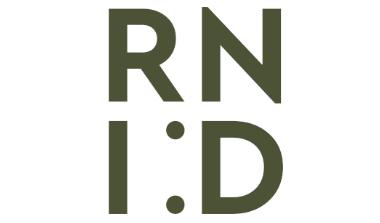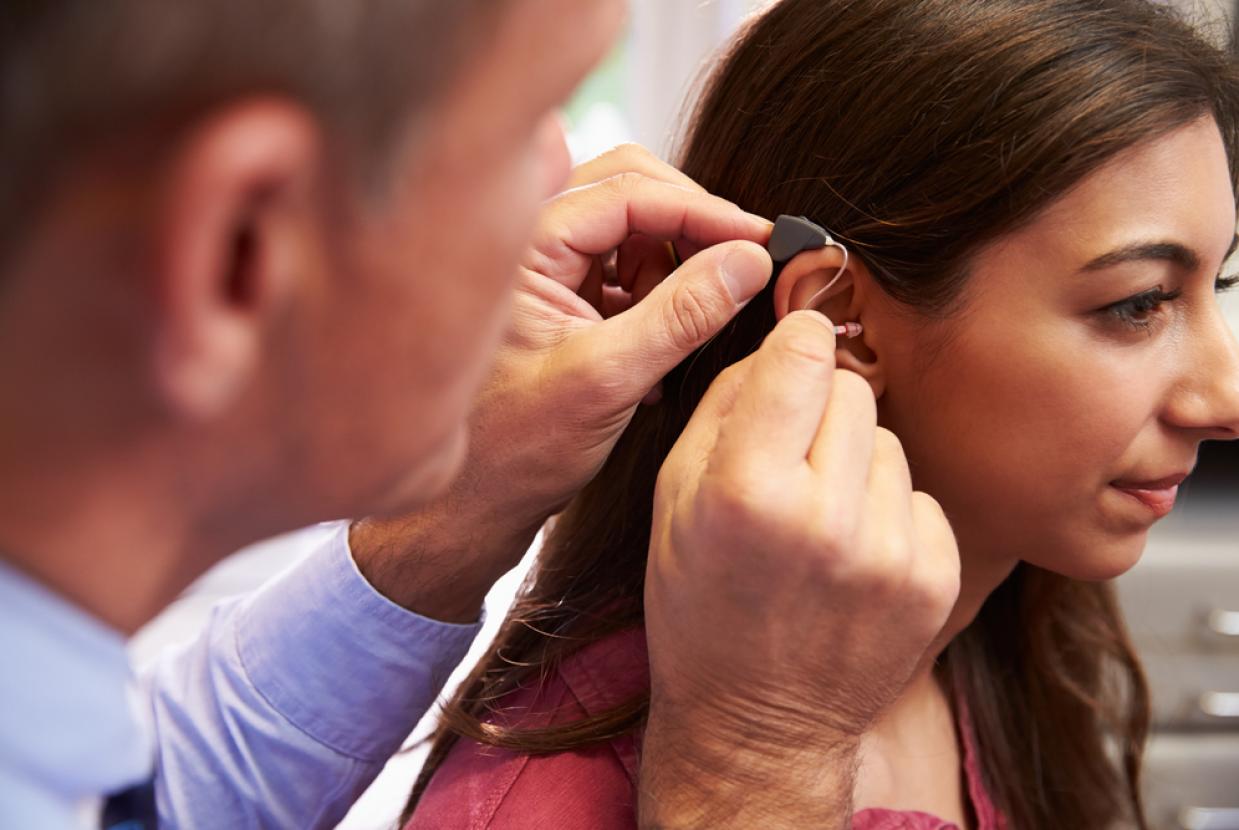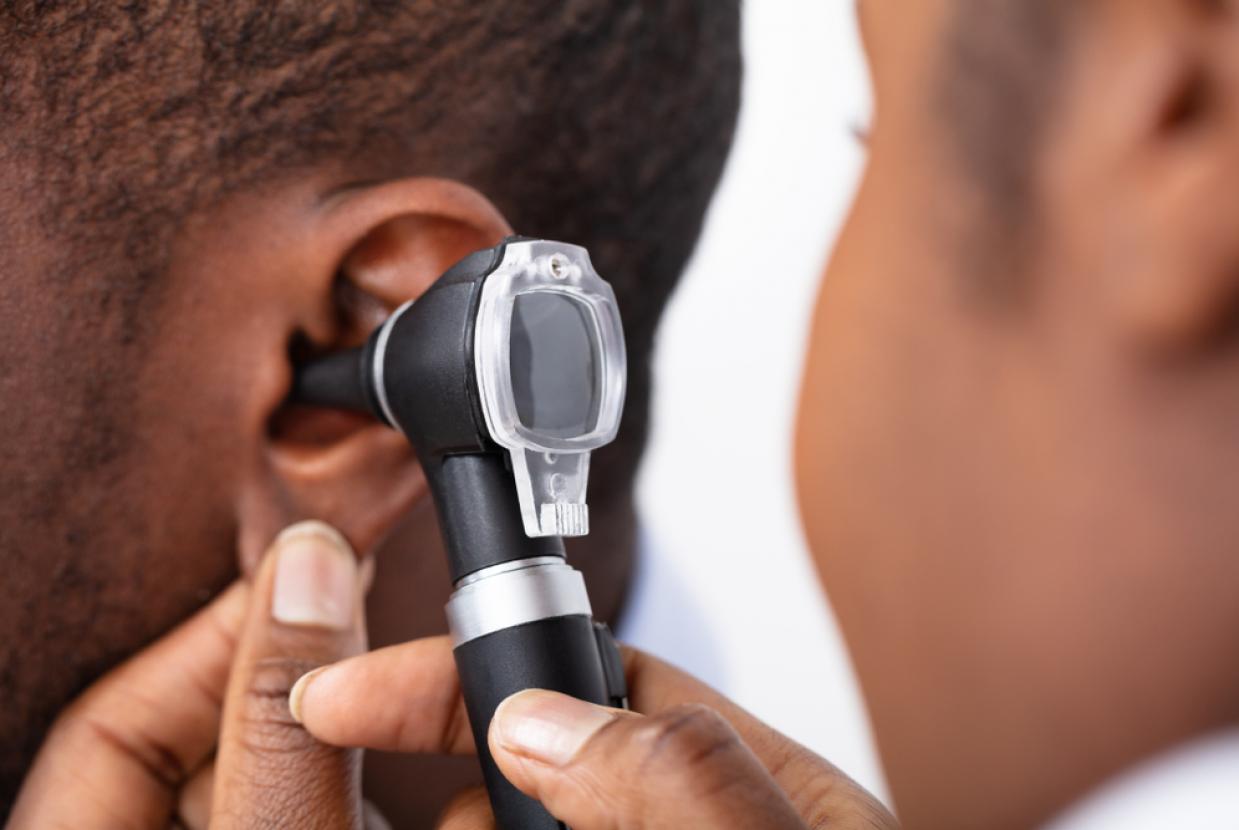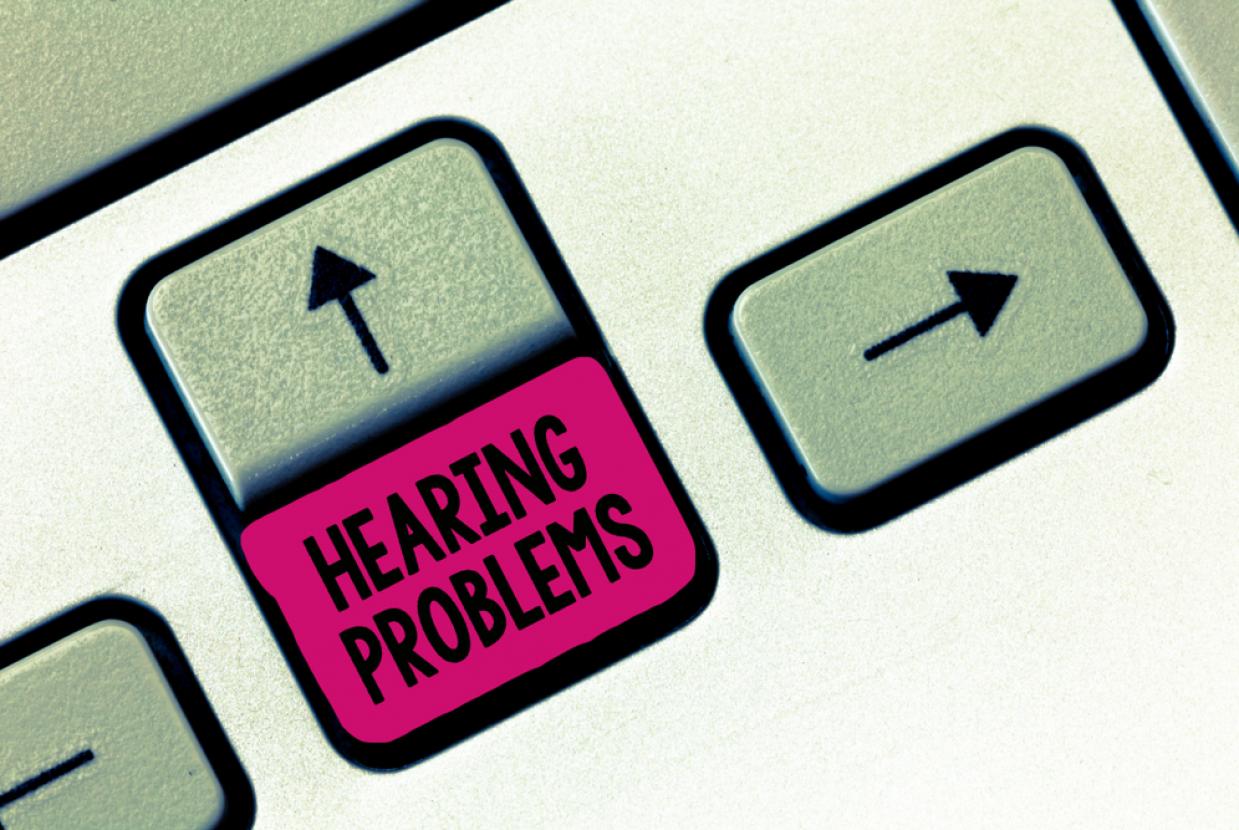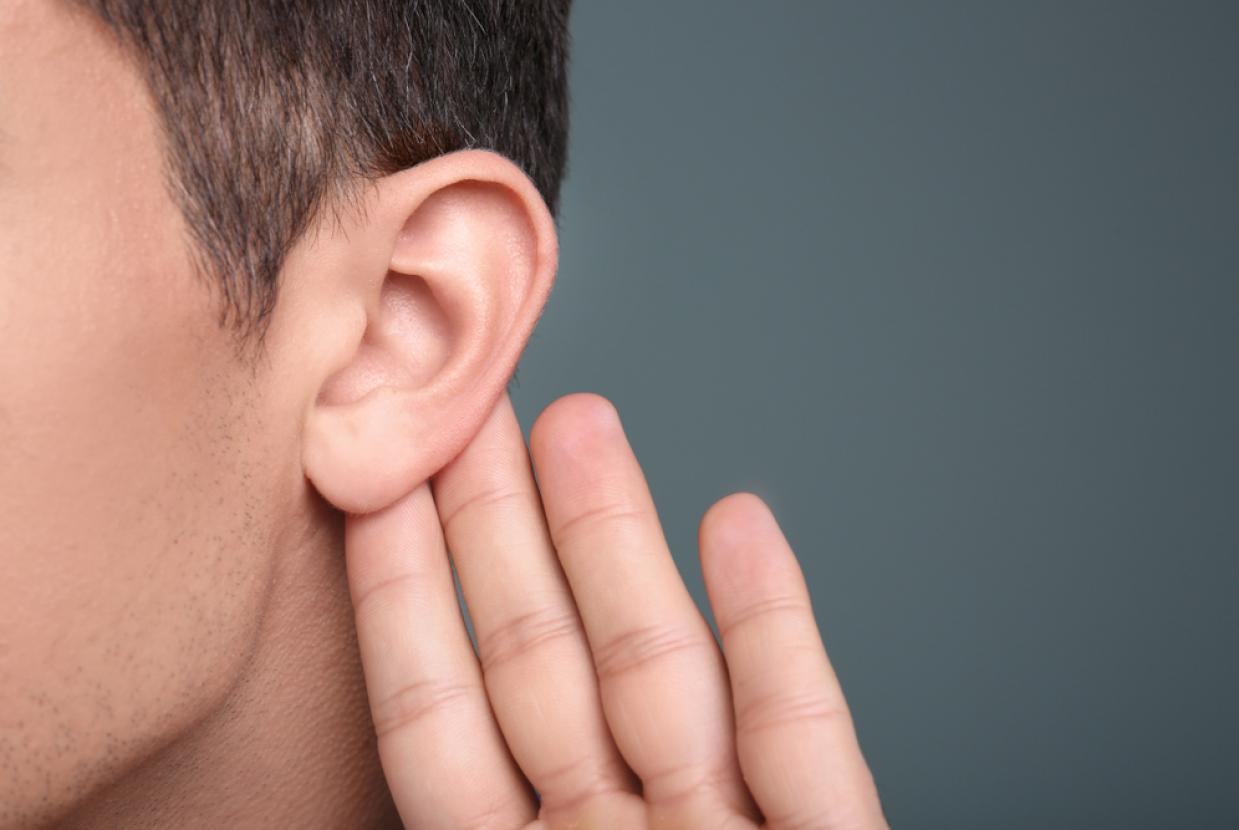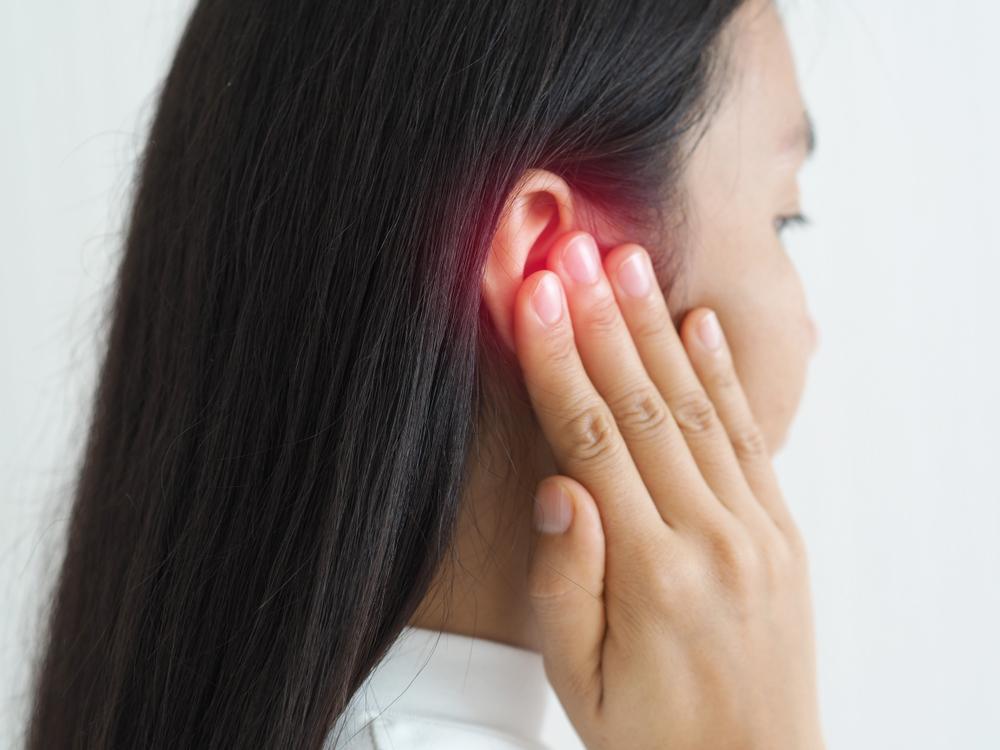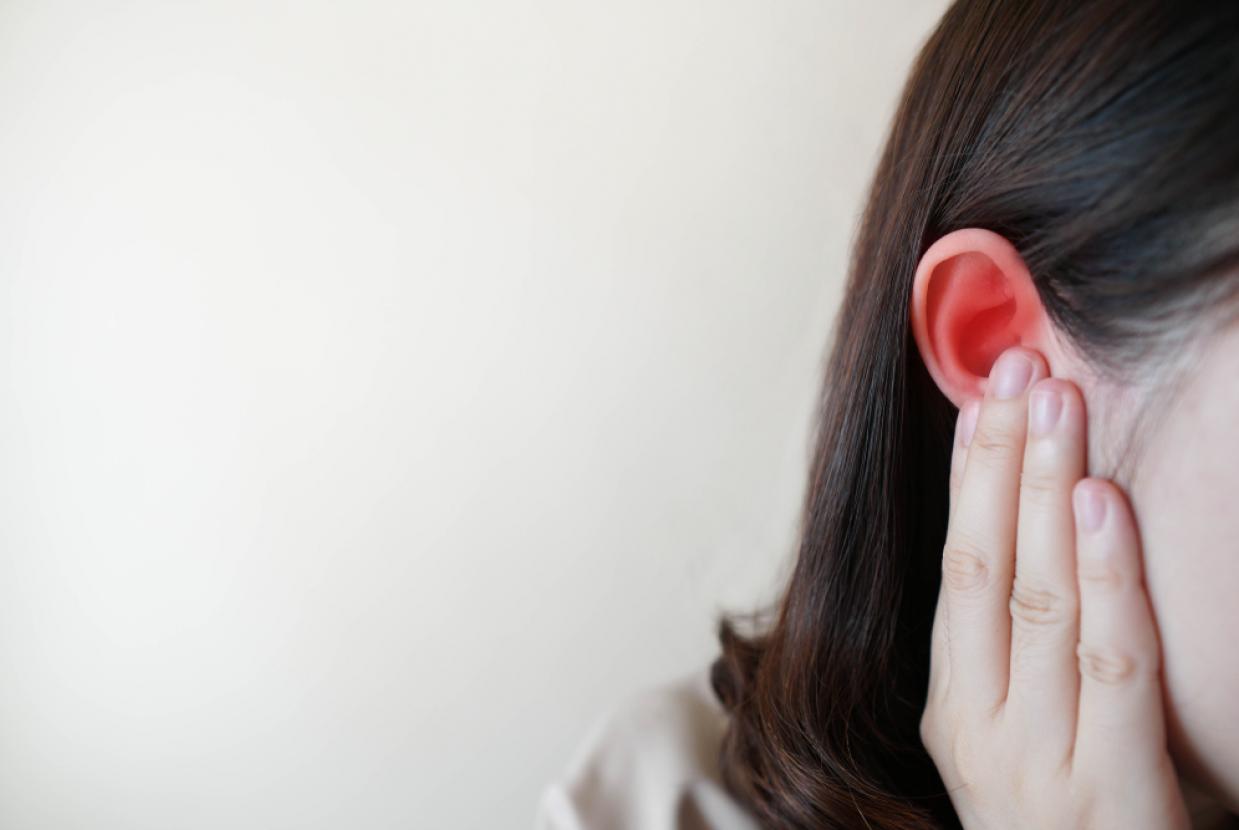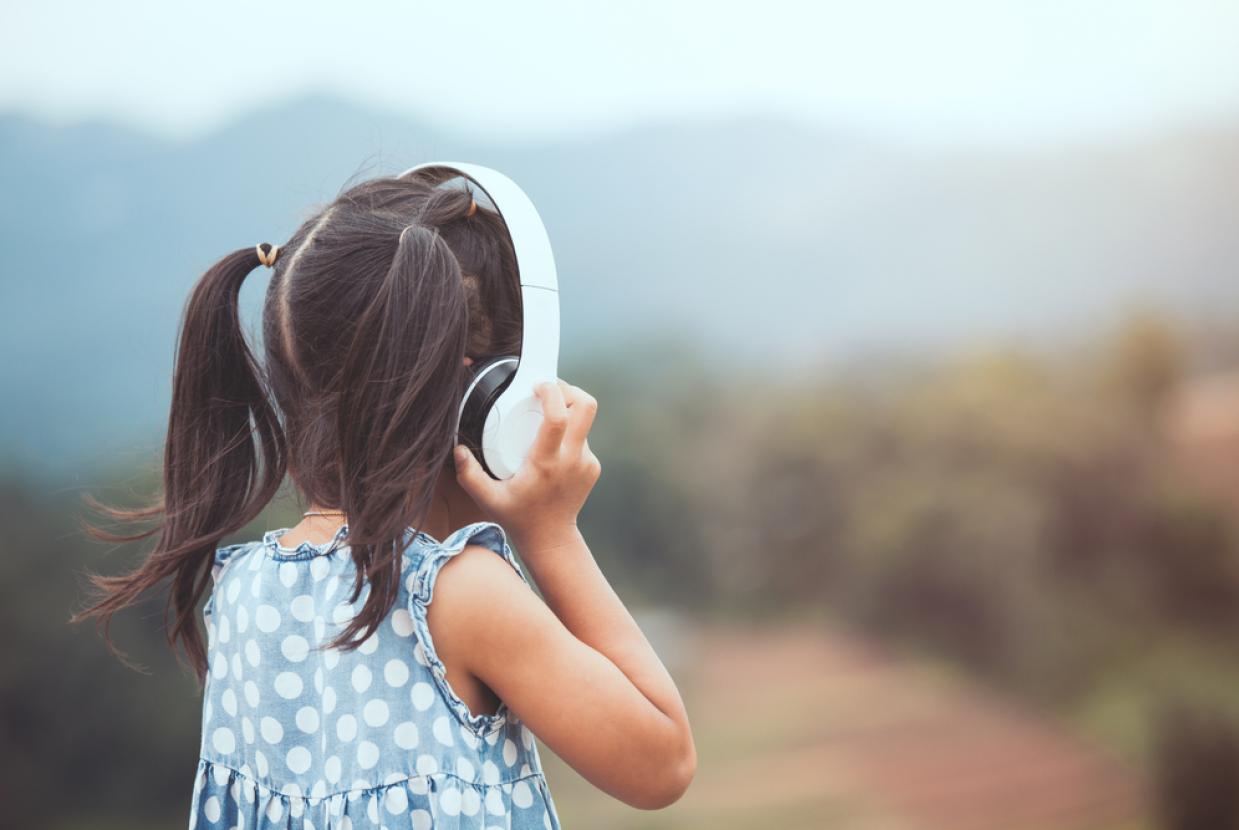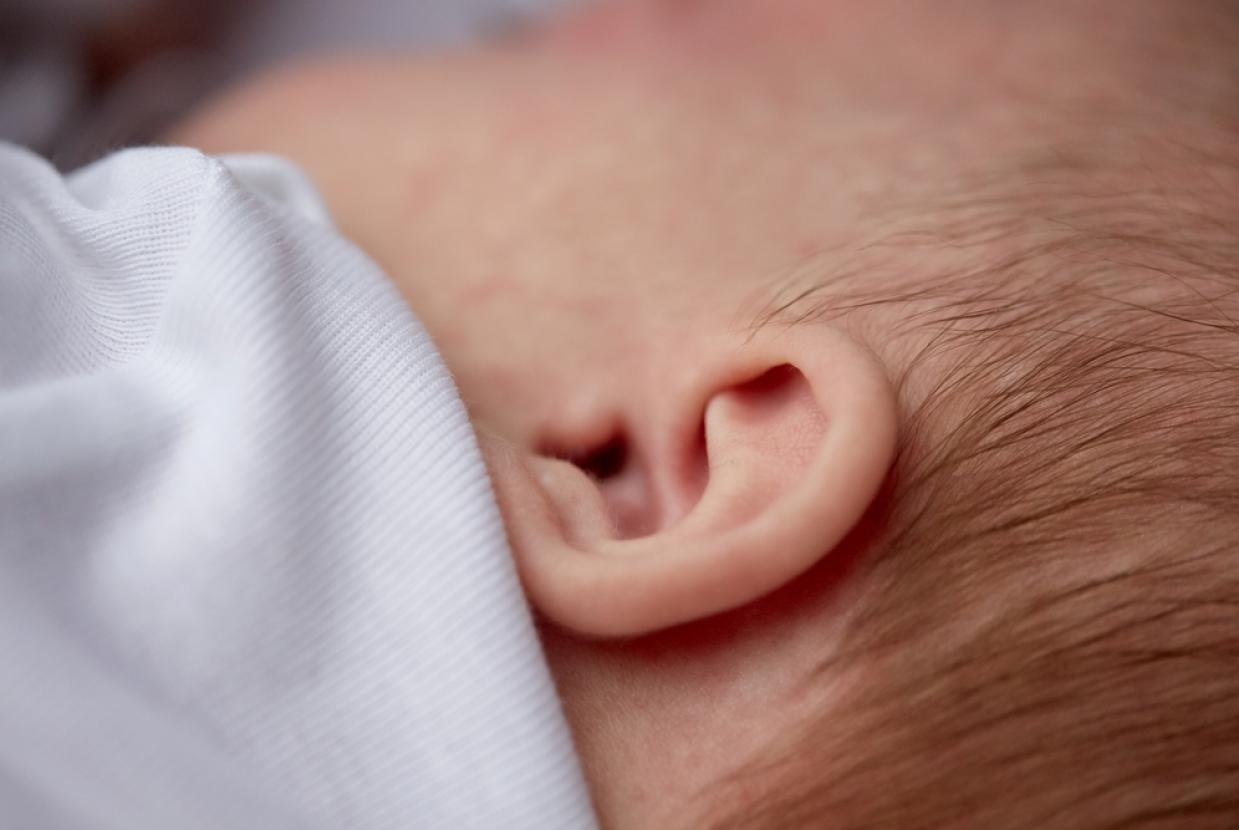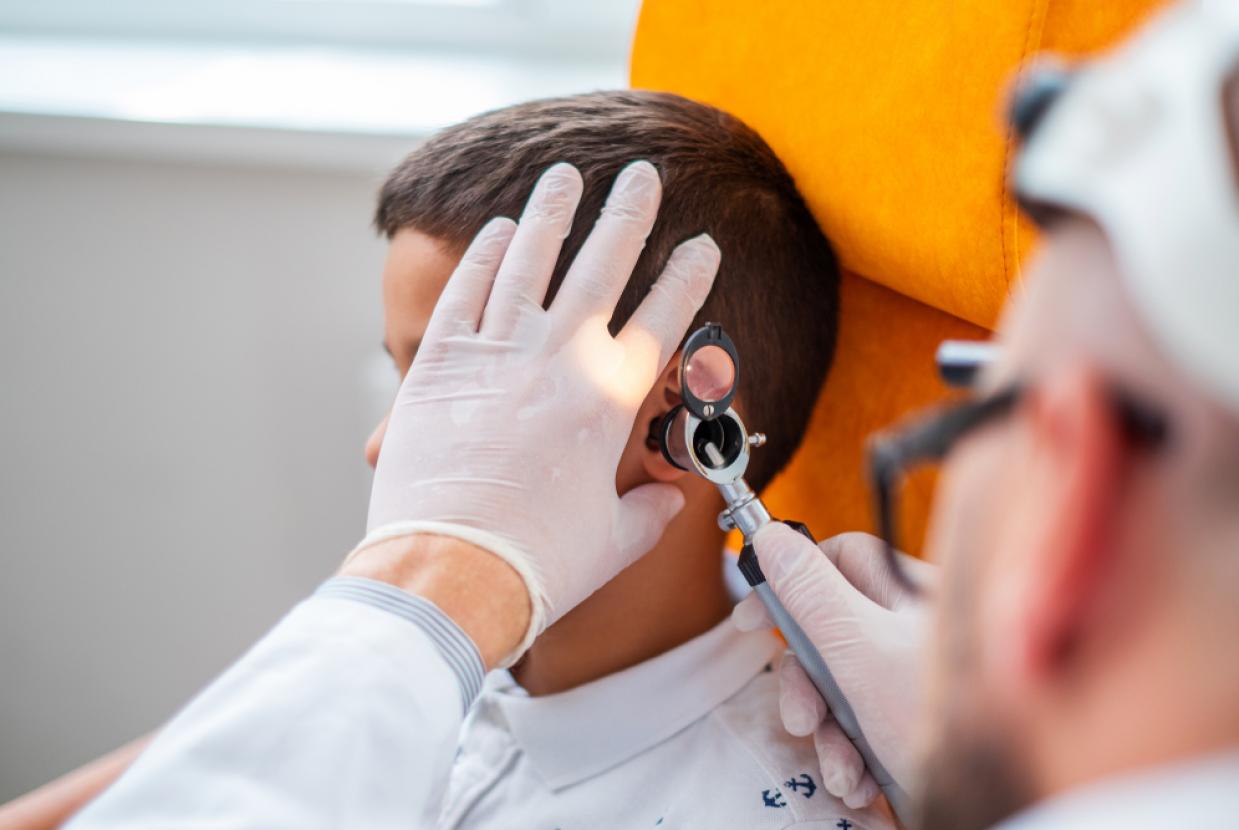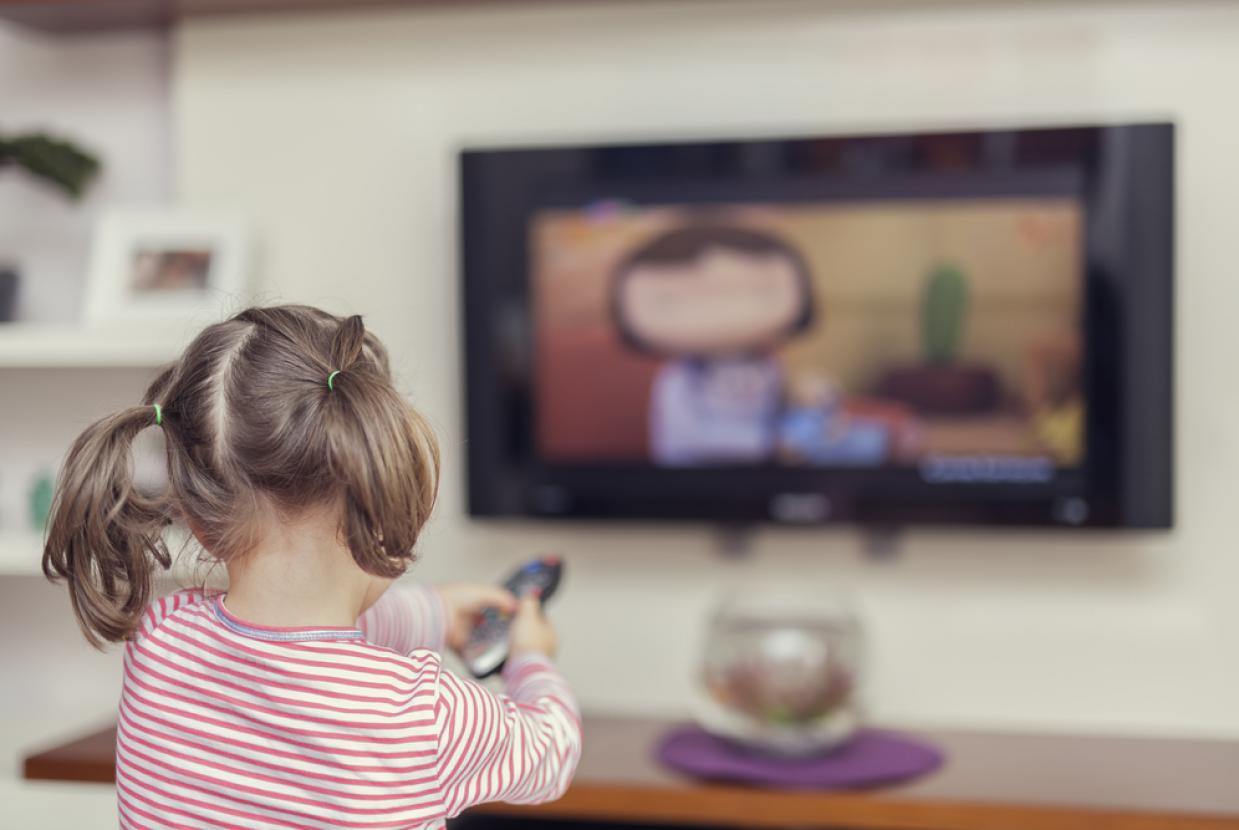Spotting the signs of hearing loss - Deaf Awareness Week
HearingIt's important to spot hearing loss as soon as possible, because treatment is often more beneficial if started early. Action on Hearing Loss detail the signs and how to best handle concerns.
What are the signs of hearing loss?
Hearing loss can sometimes be sudden, but often it's gradual and you may not notice it at first. Being aware of the early signs can help you identify the problem quickly and be the first step towards getting treatment for your condition.
If you think you have hearing loss or if someone else has concerns about your hearing, ask yourself:
- Do you turn up the TV louder than your family wants it?
- Do you find it hard to follow conversation in pubs and restaurants?
- Do you struggle to hear on the phone?
- Do you often ask people to repeat what they say?
- Does your partner complain that you don’t listen to them?
- Do you find others mumble?
If you answer yes to any of these questions, take Action on Hearing Loss' quick and easy hearing check and make an appointment to see your GP.
If you also hear a ringing, buzzing or whistling sound in your ears, this could be a sign of tinnitus, which is often associated with hearing loss.
What should I do if I have signs of hearing loss?
You can take the hearing check. If it suggests you have hearing loss, we’ll send you a statement of the results that you can take along to your GP – this might make it easier for you to get a referral to an audiologist (hearing specialist) for further tests. It is always recommended you see your GP first so they can check for a temporary cause of your hearing loss, such as a build-up of wax.
You'll find more information in our section hearing loss and deafness. You can also contact our information line.
What are the signs of hearing loss in babies and children?
You should see always see your GP if you notice that your baby, toddler or child has signs of hearing loss.
Your baby or toddler may have hearing loss if they:
- aren't startled by loud noises
- don't turn towards the source of a sound while under four months old
- doesn’t say single words by the time they're one year old
- notice you when they see you, but not when you call their name
- appear to hear some sounds but not others.
Your older child may have hearing loss if they:
- are slow to learn to talk, or they're not clear when they speak
- often ask you to repeat yourself or respond inappropriately to a question
- don't reply when you call them
- often talk very loudly
- often turn up the volume of the TV so it's very loud
- watch other people to copy instructions, because they haven't heard.
To find out more, visit the Health Advice section and read more on Hearing Problems.
To discover more from Action on Hearing Loss, follow the link - www.actiononhearingloss.org.uk


